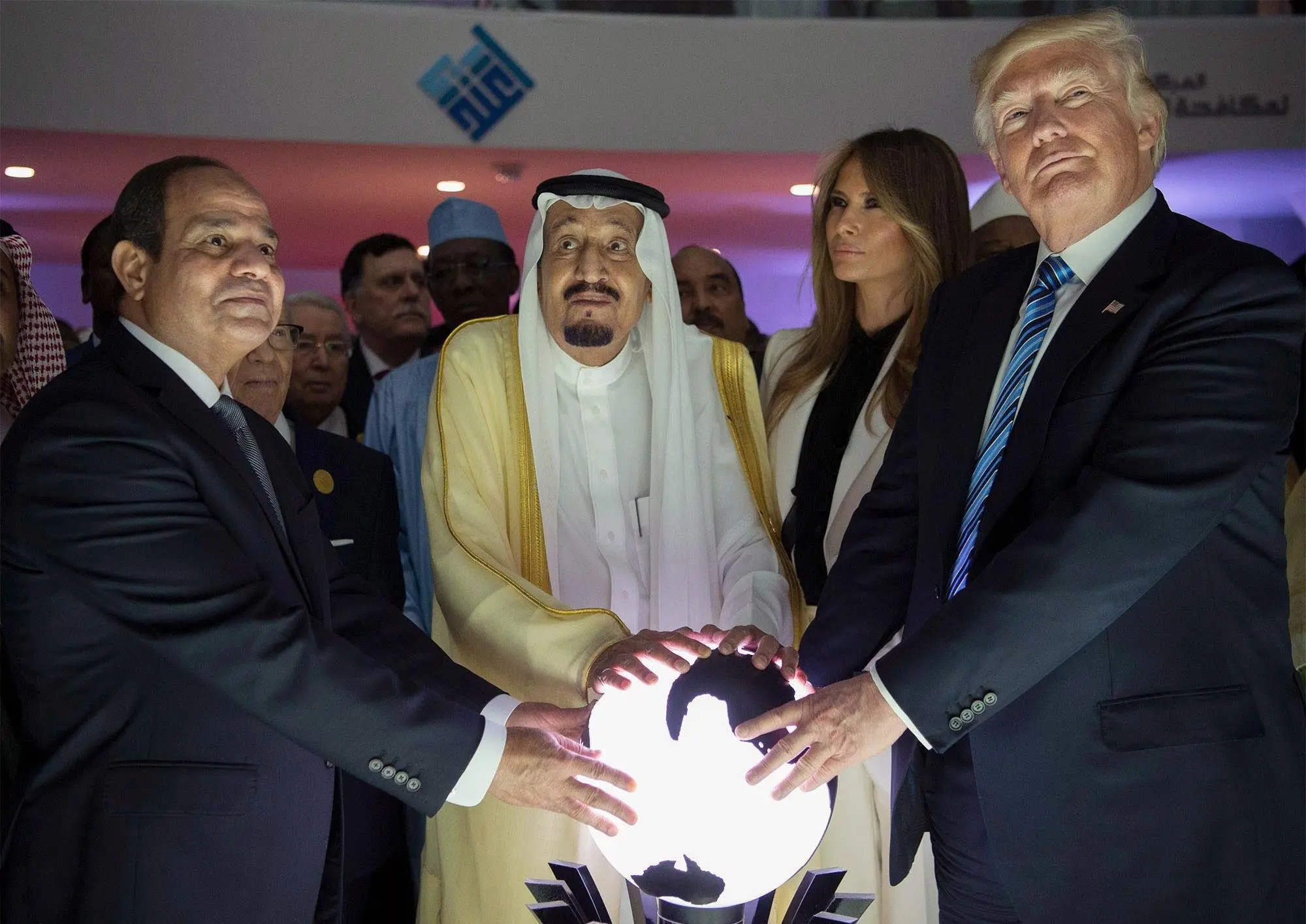What a week it was in foreign policy. President Donald Trump seemed to alternate between threatening the destruction of the Iranian regime and promising not to drag America into yet another endless Middle Eastern war. Talking heads predicted a range of dooms—from mushroom clouds over New York City to another pointless 20-year misadventure in the mountains of Persia.
Yet when the dust cleared, nothing catastrophic happened. President Trump ordered airstrikes on Iran’s nuclear facilities, Iran responded with a missile barrage on an American base, and then Trump declared a ceasefire. Time will tell if it holds, but for now, the worst predictions on both sides have been averted.
Many of us who once supported the invasions of Afghanistan and Iraq have learned from that experience. We now understand that giving the president a blank check to wage war without defined objectives is a recipe for disaster. So it was understandable that many were skeptical of President Trump’s rhetoric against Iran, fearing a repeat of the Global War on Terror. Some even denounced Trump when he ordered airstrikes.
Yet once again, Donald Trump outfoxed his critics. Remarkably, both neoconservative war hawks and anti-war peacemakers declared victory. Israel and Iran both claimed success as well. That’s the mark of a world-class negotiator: when all parties walk away from the table believing they got the better deal.
It’s astonishing how many still underestimate Trump’s dealmaking acumen, especially considering he literally wrote the book on the subject more than thirty years ago. Politics has a way of warping our perception, but the same rules of human nature that govern business apply to geopolitical conflict.
You see, for all of our lives we’ve been conditioned to view foreign policy through a moral lens: there are good guys and bad guys, and our job is to help the good guys win. Most people filter information through that binary. Someone who supports Israel may dismiss reports of attacks on Palestinian civilians as propaganda, while a pro-Palestinian may ignore or excuse their side’s crimes. In such debates, the truth hardly matters.
Most wars in history weren’t clear-cut battles between good and evil. How many people today have strong feelings about the Franco-Prussian War, the War of the Spanish Succession, or the Russo-Japanese War? To the few who have even heard of them, they’re just historical footnotes, stripped of moral weight.
Yet nations always try to claim the moral high ground in war. Both North and South did during the U.S. Civil War—Northerners saw themselves waging a crusade against slavery, while Southerners believed they were resisting foreign invasion. British propaganda in World War I depicted the Germans as barbaric Huns. And World War II, of course, stands as the ultimate good-versus-evil narrative.
Modern warmongers always seek to recapture that moral framing. We’re told we must fight Iran and even work to overthrow its regime because they are religious fanatics bent on destroying their neighbors. And yet our own rhetoric can be just as fanatical—Sen. Ted Cruz recently told Tucker Carlson we must support Israel because the Bible commands it. Many Christians and Jews disagree on that interpretation, but some of our leaders take it as gospel.
Donald Trump doesn’t fit that mold. He approaches geopolitics the way he once approached real estate deals. Instead of seeing heroes and villains, he sees actors with interests and goals. Countries usually go to war only when no other option remains to achieve their aims. Carl von Clausewitz explained two centuries ago that war is politics by other means.
By applying a transactional rather than moral framework, Trump has achieved what few leaders ever manage: bringing warring sides to the negotiating table. Beneath the religious and apocalyptic overtones of Middle Eastern politics are rational actors who don’t want to see their nations destroyed. The ayatollahs want to stay in power and avoid ending up like Saddam Hussein or Moammar Gaddafi—so how do we give them a way to back down? Israel wants to avoid a belligerent Iran that funds Hezbollah and Hamas or builds a nuclear bomb—so how do we address that?
One of Trump’s greatest geopolitical insights is the importance of allowing others to save face. Sun Tzu warned against surrounding an enemy completely—if desperate, they’ll fight harder. Give them an escape route. Iran’s leaders needed something they could present to their people as a win. A foolish leader might have pushed them harder, hoping for regime change—more likely, it would have ended in chaos and mass death for a nation of 90 million people. (Looking at you, Sen. Cruz.) Instead, Trump gave them room to maneuver, allowing a missile strike on an American base after Iranian leaders had warned us in advance.
In fact, reports say we even warned Iran ahead of our own airstrikes. To some, this might seem like unserious kabuki theater, but it worked. It deescalated the situation.
Our British friends over at the Lotus Eaters understand what I’m talking about:
None of this is to say that Donald Trump is perfect or anything like that. Yet he represents a mind shift when it comes to politics, and there is a lot we can learn from there. Consider the following lessons we can apply to our own situations:
- First, relax. You’re not required to post a hot take the moment a story breaks. Those predicting mushroom clouds and those predicting a 20-year war were both wrong. Let events play out. Think before you proclaim doom.
- Second, pragmatism is not a dirty word. Those screaming the loudest for regime change in Iran seem blind to the cost in American blood and treasure, having forgotten the hard lessons of the last 25 years. They treat geopolitics like a board game. Real leadership deals with the world as it is.
- Third, if you must strike, be decisive. Once Trump made the decision, he executed it without leaks or fanfare. He didn’t telegraph it to the press. He may not speak softly, as Theodore Roosevelt advised, but he certainly carries a big stick.
- Finally, choose your lens. Is everything a moral battle between good and evil? Sometimes things are—abortion and transgender surgeries for children fit that description for me. But not everything is a crusade. At the Idaho GOP Summer Meeting last weekend, some Republicans described the grocery tax as “immoral.” I don’t necessarily agree, but if that’s your hill to die on, then Godspeed. Just be sure you know what you believe and where you’re willing to fight.
As we enter a summer of fireworks and parades, we should be grateful for a leader who puts American safety first but resists plunging us into endless war. Better a dealmaker than an idealist. And as campaign season approaches, it’s worth asking: where can we apply that same mindset closer to home?
Feature image courtesy of the Saudi Press Agency
Gem State Chronicle is a reader-supported publication. To receive new posts and support my work, consider becoming a free or paid subscriber.
About Brian Almon
Brian Almon is the Editor of the Gem State Chronicle. He also serves as Chairman of the District 14 Republican Party and is a trustee of the Eagle Public Library Board. He lives with his wife and five children in Eagle.













